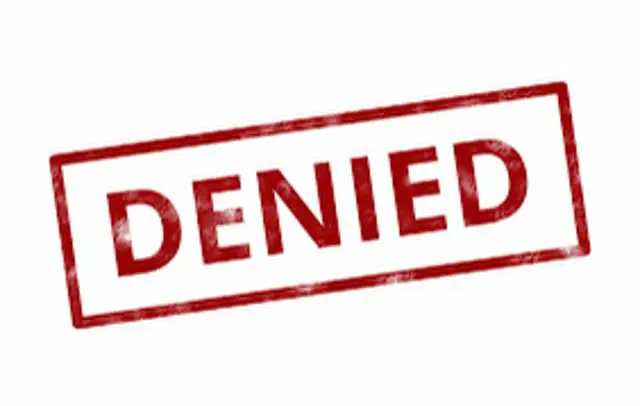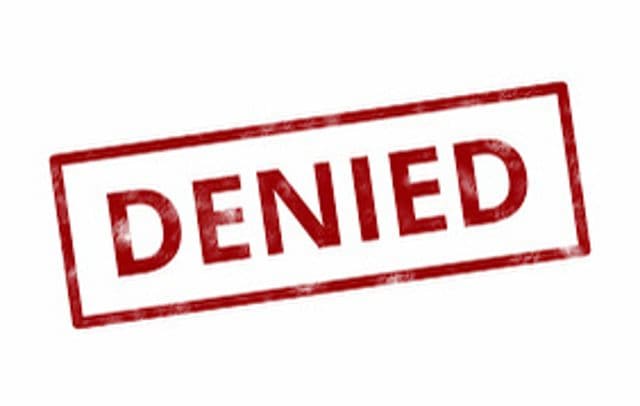Overbilling
Navigating the Complexities of Overbilling in Legal Practice: A Complete Guide
Overbilling in legal and medical services is a pervasive issue that has raised significant ethical and legal concerns. This practice, wherein professionals charge clients for services not rendered or inflate the cost of services provided, breaches the trust between a service provider and their client. Understanding the intricacies of overbilling is crucial in both preventing and addressing these unethical practices.
At its core, overbilling manifests in various forms. The most common include fraudulent billing, block billing, and charging for higher-level tasks than those actually performed. For example, a lawyer might bill multiple clients for the same hours worked, or a medical practitioner may charge for procedures that were never conducted. This unethical behavior not only damages the professional’s reputation but also financially burdens the client.
The legal consequences of overbilling are severe. In civil law, it can lead to lawsuits for breach of contract and restitution claims. In criminal law, particularly in healthcare, overbilling can result in charges under the False Claims Act and the criminal healthcare fraud statute. These laws impose significant penalties, including fines and imprisonment, for intentionally defrauding government healthcare programs such as Medicare or Medicaid.
Preventing and detecting overbilling requires a robust understanding of billing practices and constant vigilance. Clients are advised to be familiar with typical charges for services and to question any discrepancies or unusual entries on their bills. Professionals, conversely, must adhere to ethical billing practices and maintain transparent records to avoid legal pitfalls and maintain the trust of their clients.
In situations where overbilling is suspected, resolving the matter through settlement is often advisable, as legal proceedings can be costly and time-consuming. However, in instances of deliberate fraud, legal action might be necessary to ensure justice and deter future misconduct.
Understanding and preventing overbilling is crucial for maintaining integrity in professional services. Clients should remain informed and vigilant, while professionals must uphold ethical standards to foster trust and avoid legal repercussions.
Overbilling not only affects the individual client but also has broader implications for the legal and medical industries. It undermines public trust in these essential services and can lead to increased scrutiny and regulation. To combat this, industry associations and regulatory bodies often develop guidelines and conduct audits to ensure billing practices are ethical and transparent.
Educational programs and workshops can also play a crucial role in preventing overbilling. By educating professionals about ethical billing practices and the severe consequences of overbilling, the industry can foster a culture of integrity and accountability.
In conclusion, overbilling is a complex issue with significant legal and ethical implications. Both clients and professionals have a role to play in preventing and addressing overbilling. By fostering a culture of transparency and ethical practice, the legal and medical industries can protect their clients and their own reputations, ensuring that trust in these vital services remains intact.




